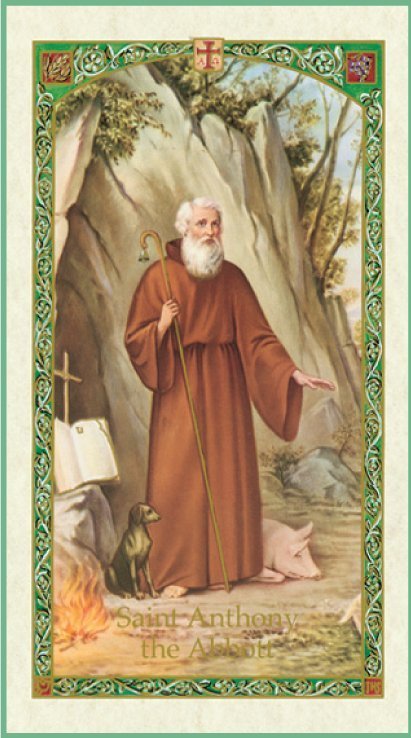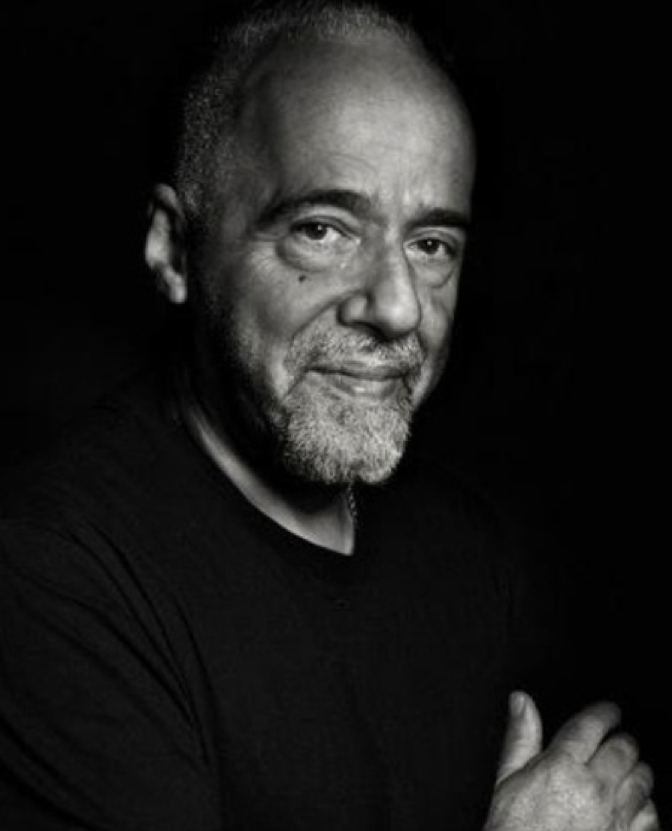During the early part of the Christian era, the monastery at Scete became a centre where many people gathered. After renouncing everything they had, they went to live in the desert surrounding the monastery. Many of the teachings of these men have been collected and published in numerous books.
Work in the field
A young man crossed the desert and finally came to the monastery of Scete. There, he asked to hear one of the abbot’s lectures – and was granted permission.
That afternoon, the abbot’s discourse was about the importance of work in the field.
After the lecture, the young man said to one of the monks:
“That was amazing. I thought I would hear a fine sermon about virtues and sins, and the abbot spoke only of tomatoes, irrigation and so forth. Where I come from, all believe that God is merciful: all one must do is pray.”
The monk smiled and replied:
“Here we believe that God has already done His part; now it is up to us to continue the process.”
The middle way
The monk Lucas was walking through a village accompanied by a disciple. An old man asked him:
“Holy man, how can I come closer to God?”
“Enjoy yourself. Praise the Creator with your joy,” was the reply.
The two went on their way. Just then, a young man came over.
“What must I do to come closer to God?”
“Enjoy yourself less,” said Lucas.
When the young man left, the disciple commented:
“It seems to me that you are not sure whether or not one should enjoy oneself.”
“A spiritual journey is a bridge with no railings across an abyss,” replied Lucas. “If someone is too near the right hand side, I tell him ‘left a bit!’ If he approaches the left side, I say ‘right a bit!’ The extremes veer us away from the Path.”
The town on the far side
A hermit from the monastery of Scete went to Abbot Theodore:
“I know precisely the objective of life. I know what God asks of man, and I know the best way of serving Him. Even so, I am incapable of doing everything I should in order to serve the Lord.”
Abbot Theodore remained silent for a time. “Finally,” he said.
“You know that there is a city on the far side of the ocean. But you haven’t yet found the ship, nor have you loaded your bags, nor crossed the sea. Why spend time commenting on what it is like, or how one should walk through its streets?
“Knowing the objective of life, or recognising the best way of serving the Lord is not enough. Put into practice that which you think, and the way will be revealed all by itself.”
Behave like others
Abbot Pastor was walking with a monk from Scete when they were invited for a meal. The host, honoured by the holy men’s presence, served only the finest dishes.
However, the monk was fasting; as soon as the food arrived, he took a pea and chewed it slowly. He only ate that one pea, during the whole meal.
As they left, Abbot Pastor called him: “Brother, when you pay a visit, do not render your holiness an offence. The next time you are fasting, do not accept an invitation to dine.”
The monk understood what Abbot Pastor said. From then on, whenever he was with others, he behaved as they did.
Judging my neighbour
One of the monks of Scete committed a grave error, and the wisest hermit was called upon to judge him.
The hermit refused, but they insisted so much that in the end he agreed to go. He arrived carrying on his back a bucket with holes in it, out of which poured sand.
“I have come to judge my neighbour,” said the hermit to the head of the convent. “My sins are pouring out behind me, like the sand running from this bucket. But since I don’t look back, and pay no attention to my own sins, I was called upon to judge my neighbour!”
The monks called a halt to the punishment immediately.
The way to please the Lord
A novice went to Abbot Macarius seeking advice about the best way to please the Lord.
“Go to the cemetery and insult the dead,” said Macarius.
The brother did as he was told. The following day, he returned to Macarius.
“Did they respond?” asked the abbot.
The novice said, “No, they didn’t.”
“Then go to them and praise them.”
The novice obeyed. That same afternoon, he returned to the abbot, who again wished to know whether the dead had responded.
“No,” said the novice.
“In order to please the Lord, behave as they do,” said Macarius. “Pay no heed to the insults of men, nor to their praise; in this way, you shall forge your own path.”
Source: https://warriorofthelight.com/
More at https://paulocoelhoblog.com/?s=stories

The Desert Fathers or Desert Monks were early Christian hermits and ascetics, who lived primarily in the Scetes desert of the Roman province of Egypt, beginning around the third century AD. The Apophthegmata Patrum is a collection of the wisdom of some of the early desert monks and nuns, in print as Sayings of the Desert Fathers. The Desert Fathers had a major influence on the development of Christianity.
Left: Anthony the Great (251-356), also renowned as Anthony of Egypt, was a Christian monk from Egypt, revered since his death as a saint. For his importance among the Desert Fathers and to all later Christian monasticism, he is also known as the Father of All Monks.
Image courtesy: https://catholicsaintmedals.com/

Paulo Coelho de Souza (born Aug. 24, 1947) is a Brazilian lyricist and novelist. His 1988 novel The Alchemist was an international best-seller.
Image courtesy: https://paulocoelhofoundation.com/
